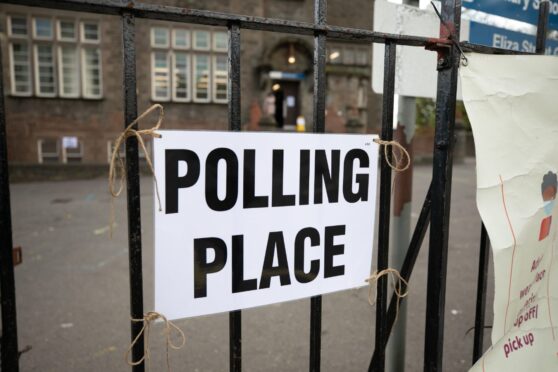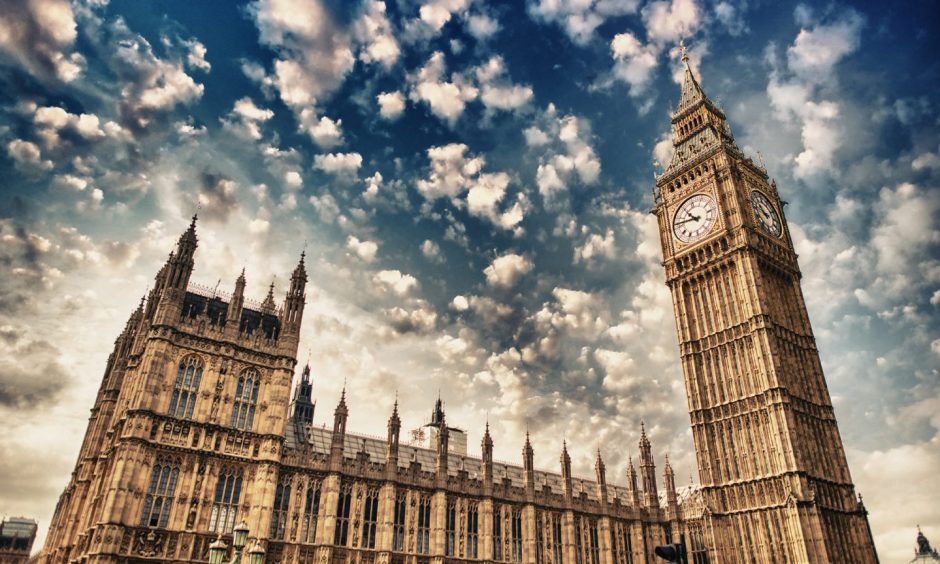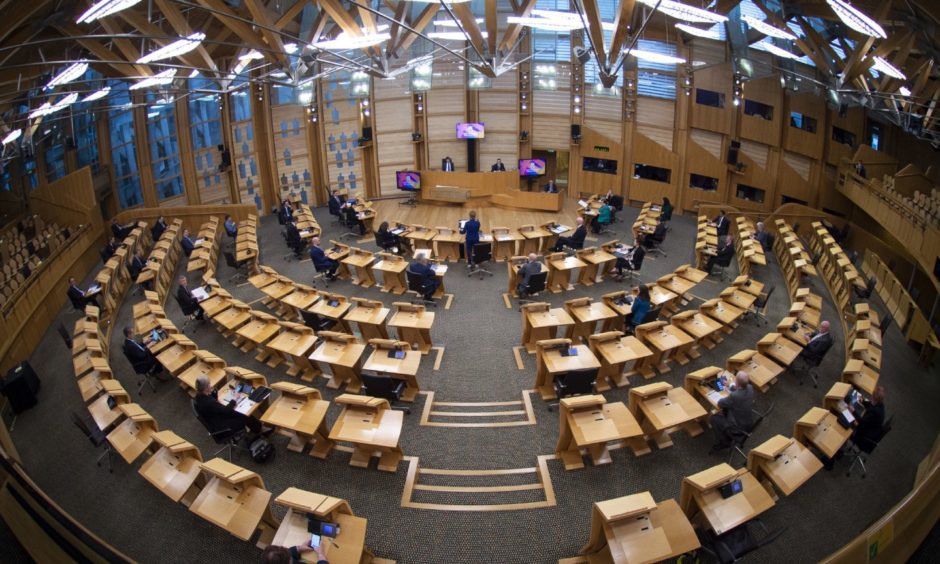Your local election candidate is almost certain to tell you about the state of hospitals, schools, roads and probably even recycling pick-ups.
But from the green benches of the House of Commons, MPs have next to nothing to do with those day to day services.
However, politicians know all too well that the priorities of voters must be front and centre, and no election campaign could neglect to discuss the areas causing the most concern.
The Scottish leaders TV debate on Monday was no exception. The SNP government’s record on managing the NHS was as central to the conversation as the cost of living crisis, oil and gas licences, and EU membership.
Devolution means Scotland has three different layers of government, with responsibilities over decision-making split between local authorities, Holyrood, and the UK Parliament.
It can make knowing what’s at stake when you cast your vote difficult.
To help you understand what you’ll be voting for on July 7, here’s our guide to what MPs actually do.
What can MPs do?
Devolution means decisions about a whole host of areas, including education, health, the environment and justice, are made in Edinburgh. These are known as devolved powers.
Some decisions are devolved even further to local councils. This includes managing local roads, waste collection and running the country’s schools.
Reserved matters, meanwhile, are powers held by Westminster. Only MPs are able to pass new laws in these areas.
This includes matters such as defence, national security, immigration and foreign relations, as well as employment law, some benefits and certain tax policies.
Decisions about these areas will be made by those we elect to the House of Commons, with MPs tasked with representing their constituents as they create new laws and policy.
On the campaign trail though, parties have also chosen to make pledges about issues Westminster wouldn’t typically have power over.
The Scottish Conservatives say they want to cap bus fares, with a manifesto commitment to demand the SNP adopt the policy already in force in London.
And while it would not apply to NHS Scotland, the SNP’s Westminster leader Stephen Flynn has set out his plans create a new law to prevent the privatisation of the the health service.
Does Westminster have no influence over devolved matters?
While MPs can’t directly make decisions about Scottish schools or fixing potholes, what they do does make a difference.
The money the Scottish Government receive to run public services in Scotland is directly linked to changes in spending by the UK Government.
If the new government elected after July 4 decides to spend more or less on the NHS or transport in England, then the grant funding made available to Holyrood would change too.
The SNP government say this is why they have had to make difficult decisions in some areas.
This includes a reduction of around £1.6 billion in capital investment, meaning there is less money to build new hospitals — with a series of projects across the Highlands stalled.
Funding for local services is also impacted, with the money made available to councils coming from Edinburgh.
If less money is provided, or budgets experience a real-terms cut, then services such as bin collections will be indirectly impacted.



Conversation